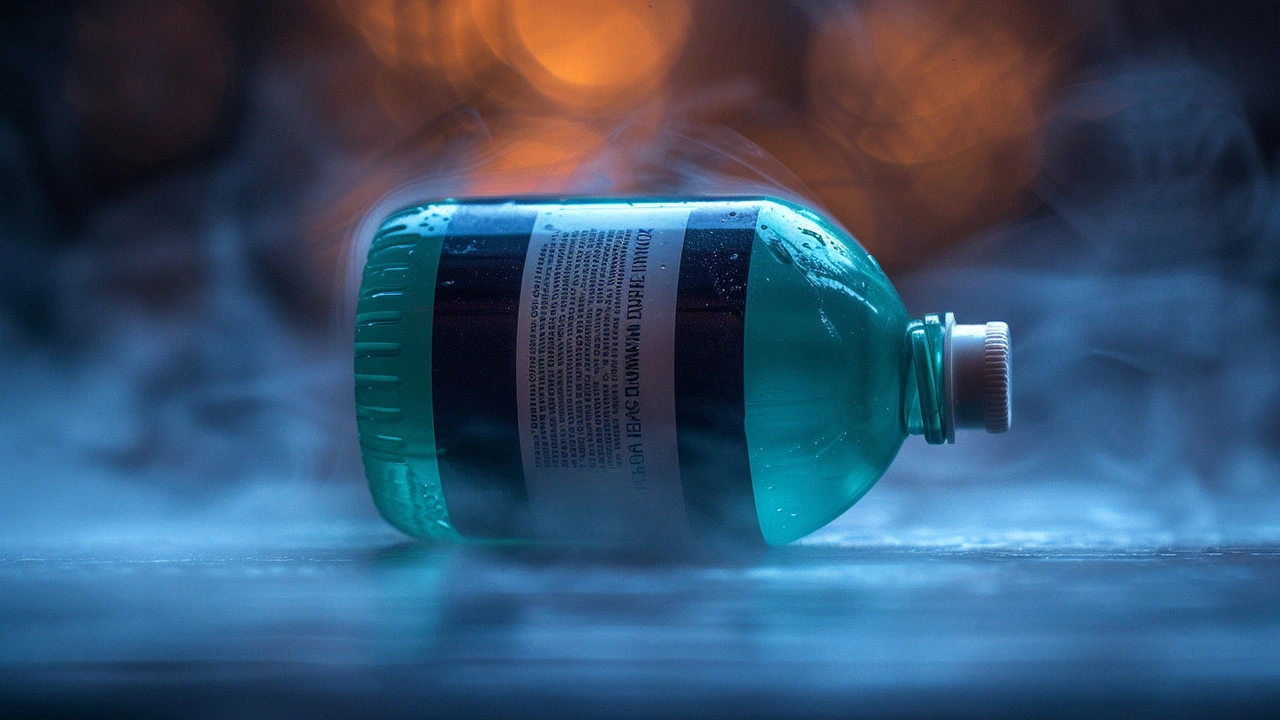The MHRA has announced a recall for specific batches of Ventolin and Seretide Accuhaler inhalers. This action was taken due to a manufacturing issue that may prevent the device from delivering the full number of doses. Asthma patients using these inhalers are advised to seek alternatives.
Ventolin & Seretide Accuhaler Recall – What You Need to Know
If you use a Ventolin or Seretide Accuhaler inhaler, you may have seen a news alert about a recall. The UK Medicines and Healthcare products Regulatory Agency (MHRA) announced that certain batches of these inhalers have a manufacturing defect that can cause the device to deliver fewer doses than printed on the label. That sounds serious, especially for anyone with asthma who relies on every puff.
Why the recall happened
The problem isn’t about the medication itself – the drug inside is still safe. The defect is in the inhaler’s mechanism. During production, a tiny part of the mouthpiece can become mis‑aligned. When that happens, the inhaler may stop spraying before you reach the full dose count. For an asthma patient, missing doses can mean a flare‑up or reduced control of symptoms.
The MHRA’s investigation showed that the defect was limited to a few lot numbers. Those lots are listed on the agency’s website and on the recall notice posted by the manufacturers. If you don’t know your batch number, you can find it on the inhaler’s label or the packaging.
What to do if you have one of the recalled inhalers
First, stop using the inhaler until you confirm whether it’s part of the recall. It’s better to be safe than sorry. Bring the inhaler to your pharmacy – they can check the batch number for you. If it’s a recalled batch, the pharmacist will either replace it with a new inhaler or arrange a return to the manufacturer.
If you can’t get to a pharmacy right away, have a backup plan. Keep a rescue inhaler on hand, such as a non‑recalled Ventolin inhaler or a spacer device you already own. If you start feeling shortness of breath, wheezing, or any asthma symptoms, treat it as you normally would and seek medical help if it doesn’t improve quickly.
Don’t throw the inhaler away until you hear back from a professional. The recall notice asks patients to return the device so the manufacturer can investigate further. Proper disposal protects the environment and prevents anyone else from using a faulty inhaler.
For those who don’t have asthma but use these inhalers for another condition, the same steps apply. Even if you use the inhaler only occasionally, a missed dose can still affect how well the medication works.
Remember, recalls happen to keep products safe. They’re not a sign that the medication is harmful, just that the delivery system needs fixing. The manufacturers have already started producing new inhalers that meet the correct specifications, so replacements should be available soon.
Stay alert and keep an eye on any future updates from the MHRA or your local health authority. If you have questions, your pharmacist or doctor is the best place to get clear answers. Your health is too important to ignore a recall, even if it seems like a small glitch.
Bottom line: check your inhaler’s batch number, stop using it if it’s recalled, get a replacement, and keep a backup inhaler handy. Simple steps like these can prevent an asthma flare‑up and keep you breathing easy.

